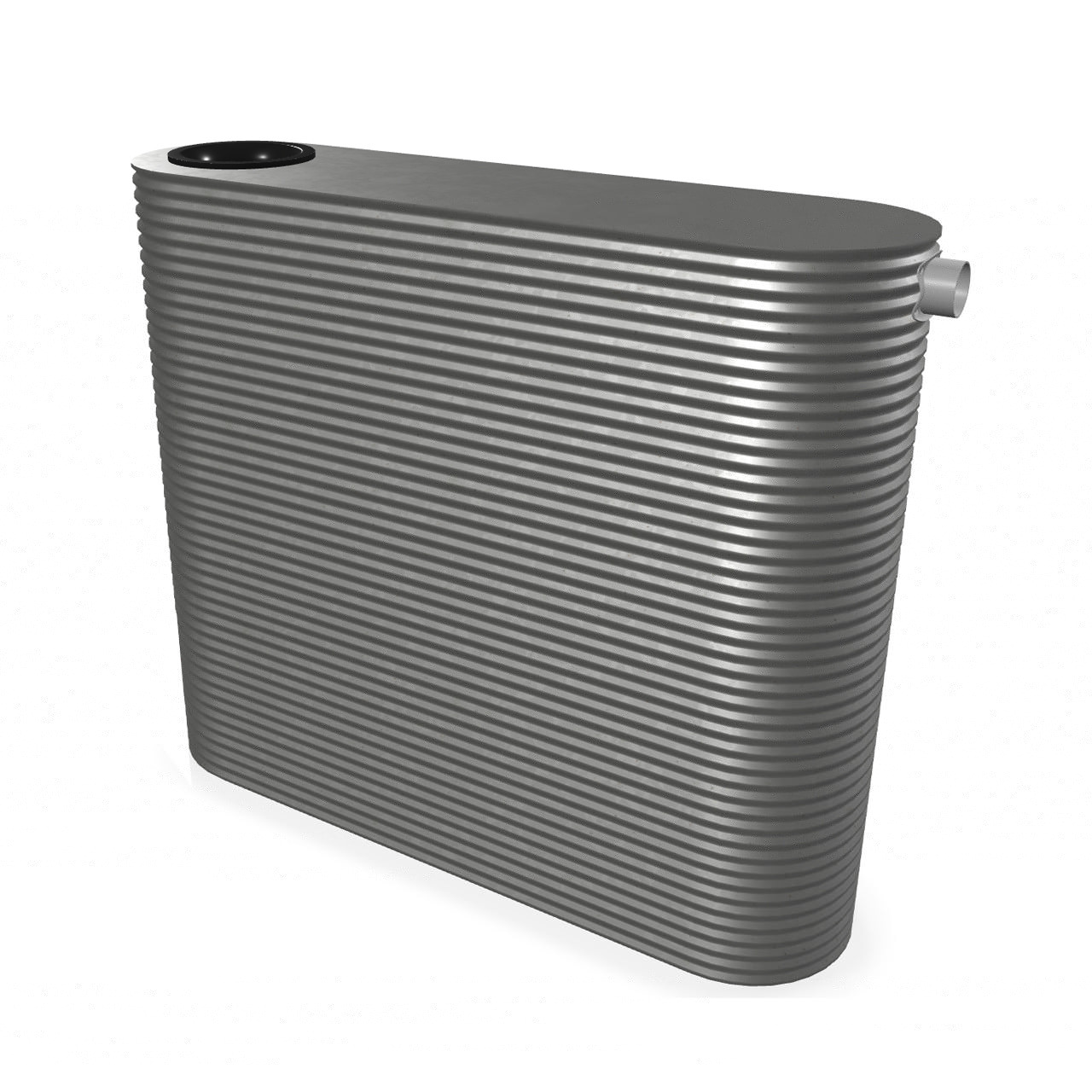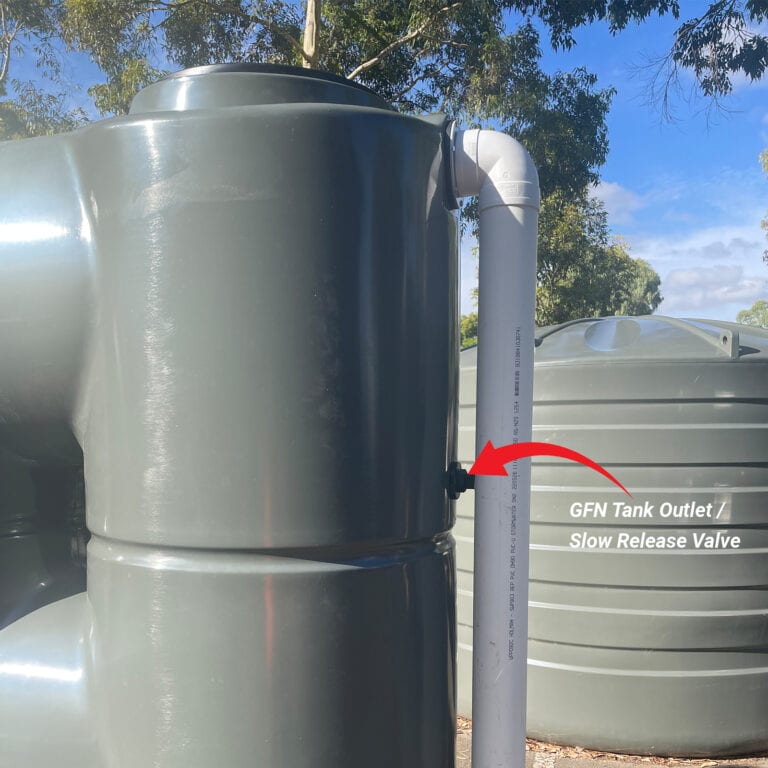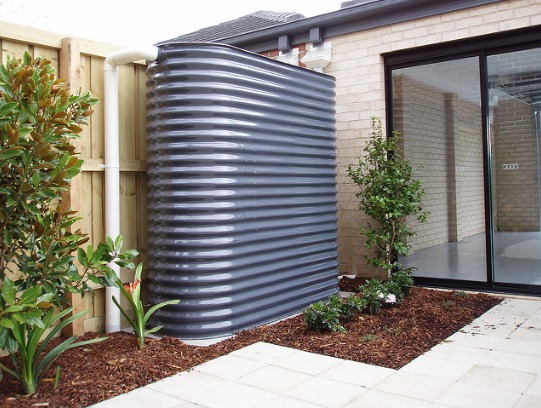Slimline Water Tanks: The Perfect Choice for Urban Water Storage
Slimline Water Tanks: The Perfect Choice for Urban Water Storage
Blog Article
Introducing the Perks of Rainwater Storage Tanks in Decreasing Water Costs and Environmental Influence
In a globe where sustainability and cost-efficiency are increasingly important, the application of rainwater tanks offers a practical and eco aware service. The benefits of integrating rainwater tanks into residential or commercial buildings prolong beyond simple water costs decreases. By exploring the multifaceted advantages of such systems, one can reveal a wealth of insights right into exactly how they contribute to a more lasting future while positively impacting both finances and the setting.
Cost Financial Savings Via Rainwater Containers
When taking into consideration the application of rainwater tanks, significant cost financial savings can be attained via reliable water monitoring methods. Rainwater gathering provides a sustainable solution that not just lowers water costs but additionally decreases the stress on local water resources. By capturing and storing rainwater for numerous non-potable usages such as irrigation, toilet flushing, and washing, homes and businesses can considerably reduce their reliance on cured water from the grid, causing considerable expense savings over time.
By making use of harvested rain for tasks that do not need drinkable water, such as sprinkling gardens or cleaning cars and trucks, people can reduce their overall water intake from the mains supply, resulting in lowered water costs. In addition, rain storage tanks can aid reduce the impact of water limitations or dry spells by providing a different water source for vital jobs, making certain continuity in water supply without sustaining extreme expenses.

Environmental Effect Decrease
Implementing rainwater containers not only causes cost financial savings yet additionally contributes substantially to lowering the environmental influence associated with water intake. By catching rainwater that would otherwise escape right into storm drains, rain storage tanks help reduce pressure on traditional water resources like rivers and storage tanks. This reduced need for municipally treated water results in energy savings and a reduction in the carbon footprint associated with water treatment and circulation procedures.
Furthermore, making use of rainwater for tasks such as horticulture, irrigation, and washing decreases the need for making use of cured water for non-potable functions. This preservation of safe and clean water aids in protecting water sources for important uses and decreases the energy-intensive processes associated with treating water to fulfill drinking standards.

Water Expense Reduction Benefits
The installation of rainwater storage tanks uses considerable monetary benefits via reductions in water bills. By accumulating and saving rainwater for various house utilizes, such as watering gardens, flushing bathrooms, or doing washing, house owners can significantly decrease their dependence on the municipal water supply. This, in turn, brings about an obvious decrease in water consumption from standard resources, resulting in lower water bills at the end of each billing cycle.
Rain is a totally free and lasting source that can supplement or even replace the demand for using cured water for non-potable objectives. Consequently, families with rain containers can see a substantial decrease in their total water expenses in time. Additionally, throughout periods of water limitations or drought, having a rainwater Get More Information tank can supply a beneficial alternative water source, further decreasing the dependence on costly municipal water supplies.
Basically, spending in a rainwater container not just adds to ecological conservation but additionally offers substantial monetary advantages by minimizing water bills and advertising long-term expense savings for property owners.
Lasting Water Administration Solutions
Offered the financial benefits and minimized reliance on local water materials that rainwater tanks give, exploring lasting water administration services becomes a logical next action for more information homeowners seeking to optimize their water use. Sustainable water administration involves applying practices that efficiently and responsibly utilize water sources while lessening wastage and environmental effect. Rain harvesting, which includes gathering and saving rainwater for later usage, is a crucial element of lasting water management. By utilizing rain tanks to catch and store rainwater, house owners can lower their reliance on typical water resources, such as local products or groundwater, therefore adding to water preservation efforts.

In enhancement to rainwater harvesting, sustainable water administration services might consist of implementing water-efficient appliances, components, and landscape design methods. By taking on these sustainable water monitoring techniques, house owners can not only enhance their water use however also add to ecological conservation and reduce their water bills in the lengthy run.
Neighborhood Water Resource Conservation

Furthermore, community participation can reach the implementation of water-saving innovations and techniques on a bigger range. Urging the fostering of rain tanks, greywater recycling systems, and efficient irrigation techniques within neighborhoods can cause substantial reductions in water intake. Additionally, cultivating a sense of collective responsibility for water preservation can promote sustainable habits and practices amongst area members.
In addition, neighborhood water source conservation initiatives can lead the way for stronger bonds amongst citizens and a common commitment to environmental stewardship. By interacting to secure and preserve water sources, communities can add substantially to a more lasting and durable future.
Conclusion
Finally, rain containers offer substantial go to website expense financial savings, environmental benefits, and contribute to sustainable water monitoring options. By minimizing water bills, conserving water sources, and lessening ecological impact, rainwater containers play a critical function in promoting water conservation and sustainability - Slimline water tanks. Their implementation not only benefits specific homes however also adds to the more comprehensive goal of area water source monitoring and conservation
Report this page